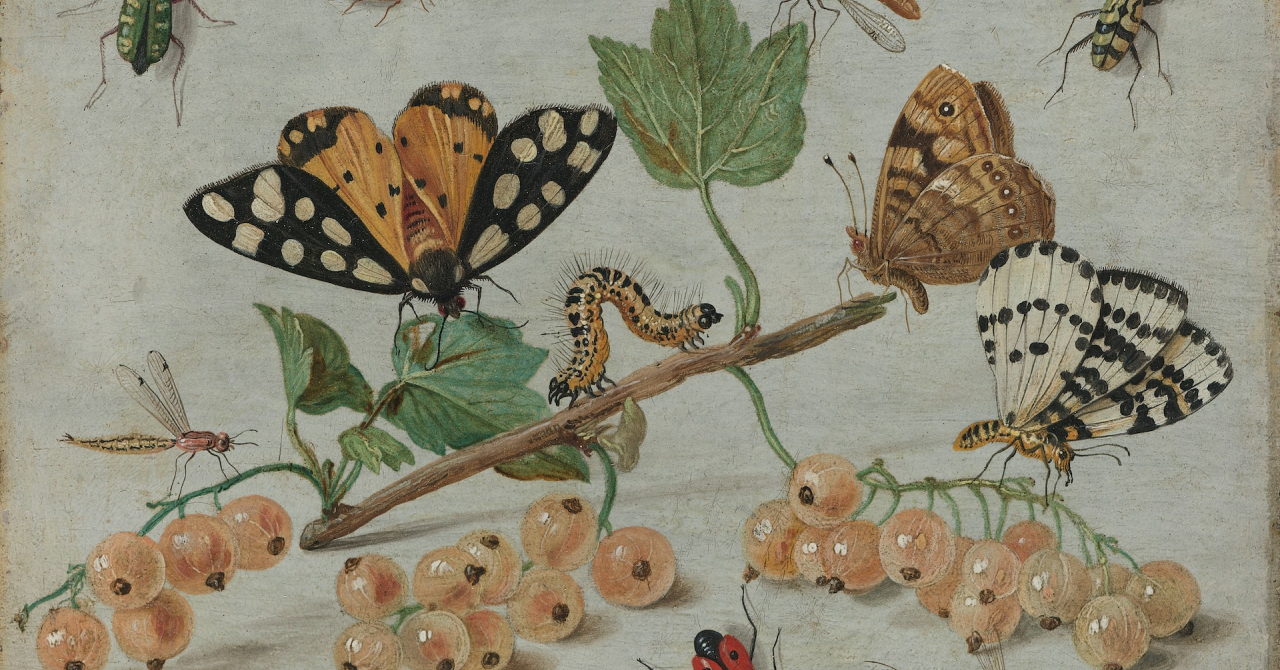According to Reuters, human activities accelerate the rate at which insects vanish from our planet, which is 2% of the whole population per year.
David Wagner from the University of Connecticut said that "insects are the food that make all the birds and make all the fish. They’re the fabric tethering together every freshwater and terrestrial ecosystem across the planet."
Insects are the most diverse creatures in the animal kingdom, representing two-thirds of the world's more than 1.5 million known animal species and scientists believe that there are millions of insects that we haven't discovered yet.
Insects are crucial in the food chain, as they represent the food source for many birds, reptiles and even mammals, while for others, they are a snack.
It may be hard to believe, but even humans consume insects, some 2.000 species to be exact.
In Japan, for example, there are vending machines selling insects as snacks.
Besides food, insects also help pollinate over 75% of our crops, a service which is valued at 577 billion USD per year.
Dave Goulson, ecologist at the University of Sussex, says that "we’d see yields dropping of all of these crops", if it weren't for insects.
Plants will suffer greatly if more insects disappear, as around 80% of the world's plants rely on these tiny creatures for pollination.
Without them, ecosystems will suffer greatly and so will we.
Wagner said that "even at the low end of 1% a year, after just 40 years you’re down more than one-third of species and one-third of individuals — a third of the entire tree of life lost."
Some species of insects are thriving due to climate change, although it's unfortunately against us.
Those that benefit from warmer climates are usually disease-spreading insects or those that feed of plants and destroy forests.
In fact, experts say that by 2080, around 2.3 billion people in Asia, North America and Europe could get dengue fever from mosquitoes that spread the disease.
 Mihai - Cristian Ioniță
Mihai - Cristian Ioniță












Any thoughts?